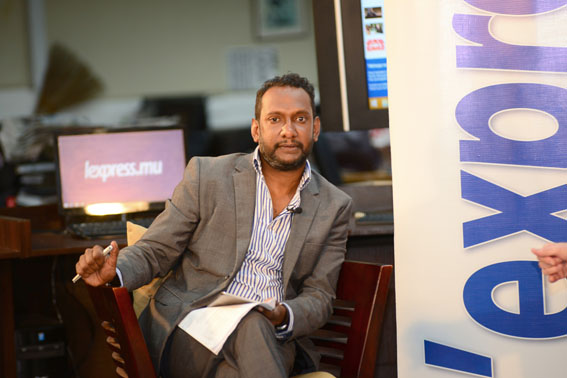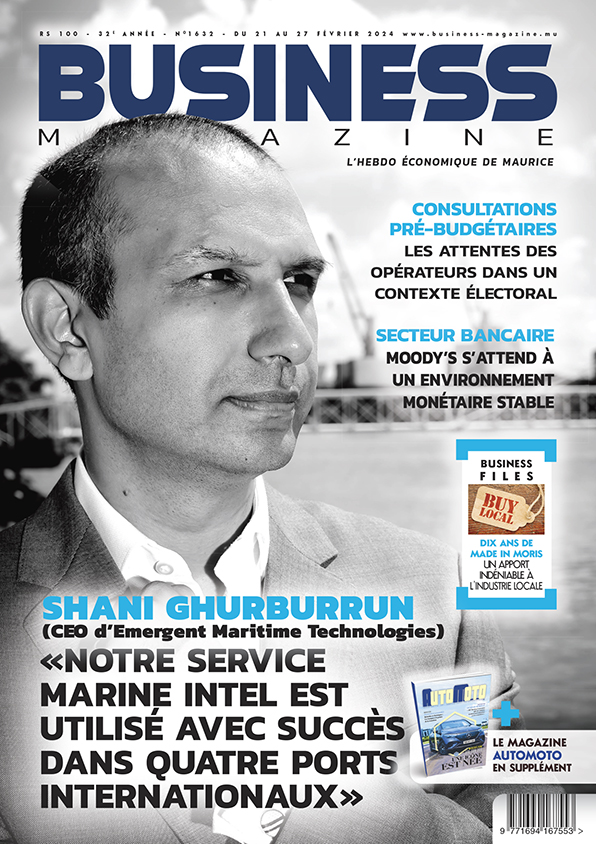The Complex Path to Unity and Power
Share

To reclaim political authority, Navin Ramgoolam faces the challenge of managing conflicting interests, comparable to a delicate balancing act between divergent forces. This task requires exceptional coordination and tact. Any missteps could jeopardize his efforts, as opponents vigilantly await opportunities to undermine his progress. Satisfying both Xavier Duval and Paul Bérenger, prominent figures expecting acknowledgment for their historical contributions to politics, adds to the complexity of Ramgoolam’s endeavor.
Already, the leader of the PTr has had to ensure his two partners, sharing the same roof for the first time, that the reds would claim the lion’s share—35 out of 60 seats—to reassure their traditional electorate. Fearful of repeating past missteps, Ramgoolam could have conceded two or three seats to ease the division between Duval and Bérenger, both under pressure from their ranks. However, for tactical reasons aimed at adding complexity to the negotiations, he chose not to.
Thus, the issue of distributing the remaining 25 seats between the MMM and the PMSD remains unresolved. Duval, citing his active leadership in the parliamentary opposition over the last six years, seeks at least ten seats for his party, refusing to be sidelined. His visibility, especially with the upcoming Parliamentary Question Time on Tuesdays, gives him a distinct advantage, while Paul Bérenger remains in a more subdued, supporting role.
The question of who will stand as Ramgoolam’s second in command is the second major point of contention within the PTr/MMM/PMSD bloc, a topic of discreet discord not openly discussed, especially in press conferences where unity is paramount. Duval’s experience as a former deputy prime minister and as the head of the parliamentary opposition, at a time when no one else would take the helm and while the reds did not fully support Arvin Boolell as opposition leader, puts him in contention. Bérenger’s position as a potential deputy is weakened by his past maneuvers, including an attempt to oust Ramgoolam from the leadership of the Labour Party, with support from Duval and others—an attempt foiled by Ramgoolam’s shrewdness. Bérenger then had to adjust his strategy, discarding potential allies and re-aligning himself with Ramgoolam, despite previously blaming him for the significant 2014 electoral defeat against the Lepep alliance, while maintaining ties with Duval.
A third dilemma for the red leader revolves around the dynastic perception. Although Ramgoolam resists being labeled as part of a dynastic clique, proclaiming that he did not inherit power or the party from his father, he must address this issue. Like Narendra Modi in India, and in contrast to Pravind Jugnauth in Mauritius, Ramgoolam must argue for breaking dynastic symbols, turning the page towards equality of opportunity at the heart of democracy. Yet, he must also argue that being a Boolell, Mohamed, Uteem, Anquetil, etc., should not preclude one from candidacy if they are competent, honest, and popular on the ground—a delicate position and a complicated equation, at least for now.
***
There’s significant discussion about the undercurrents, still unseen by the general public, that are stirring within the parliamentary opposition alliance as it haphazardly finalizes the allocation of candidacies and roles, its list of candidates, and its governmental program. Meanwhile, the Prime Minister continues his campaign without the need to balance competing interests, all while benefiting from the state machinery and MBC (Mauritius Broadcasting Corporation). Within the MSM (Militant Socialist Movement), it’s acknowledged that Pravind Jugnauth’s campaign began well ahead of others, around mid-October 2023, after winning his appeal in the Privy Council in the Suren Dayal case.
Since then, the Prime Minister and MSM leader has maintained momentum, repeatedly asserting that the “Privy Council has visibly leapt the alliance of plotters” and insisting that “it is proof that our election organization system is credible and integral.”
Pravind Jugnauth has turned into a Santa Claus out of season, distributing gifts wherever he goes. The impact of these efforts on the feel-good factor that the Prime Minister and his Finance Minister are trying to instill among the working class, those at the lower end of the wage scale, 20-year-olds, the elderly, and civil servants, before seeking another consecutive third term for the MSM, or, according to the version put forward by Sun Trust, a second term as a Fully Fledged PM for Pravind Jugnauth, is yet unknown. An election, notably the controversial one of November 7, 2019, and two victories—the first announced by the Electoral Commission and then validated by the Supreme Court, and the second proclaimed unanimously on October 16, 2023, by five Law Lords of the Privy Council, namely Lord Lloyd-Jones, Lord Sales, Lord Hamblen, Lord Stephens, and Dame Sue Carr.
Certainly, besides the MSM and its satellite parties, and the PTr-MMM-PMSD bloc, other political actors are warming up on the sidelines, but their combined influence has yet to be felt, whether in polls or on the ground. Meanwhile, legislation—including the controversial Financial Crimes Commission awaiting enactment, bonuses, new salary scales, and pensions across the board, two hours of time off for Christians, the flurry of institutional activities, ministerial declarations, and the amplified servility of the MBC, the undermining of district councils—almost everything points to an outright war, with all that entails in a country literally divided in two.
Absolute principles of right and wrong are then served in either orange or red flavors, without nuance or intermediate states. Other political influencers try to align themselves with one camp or the other.









